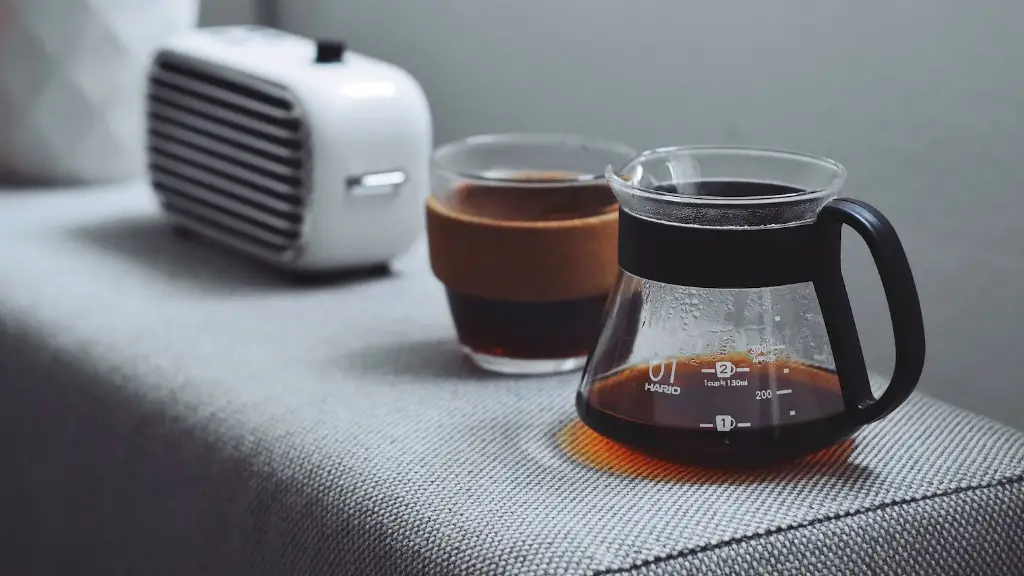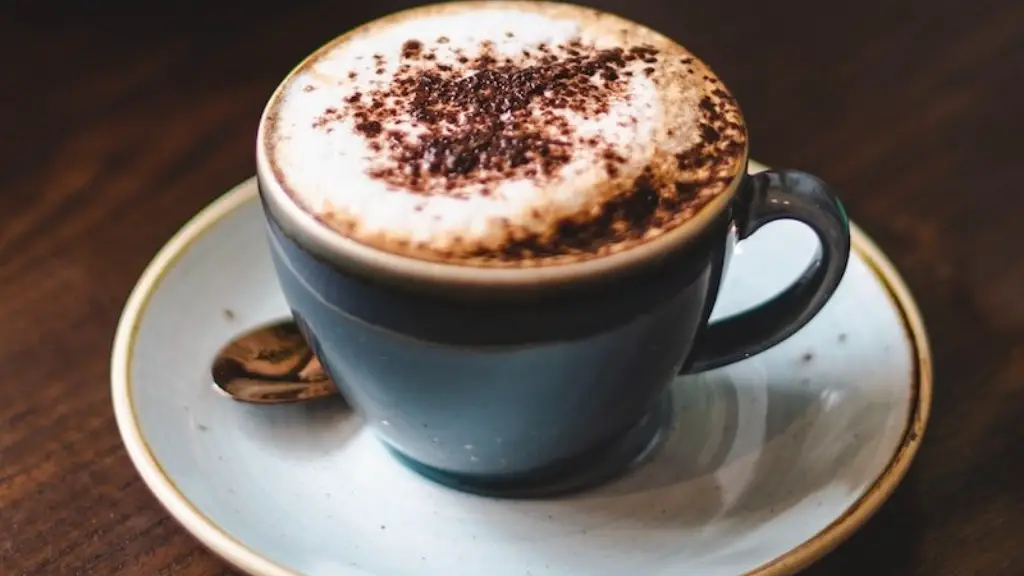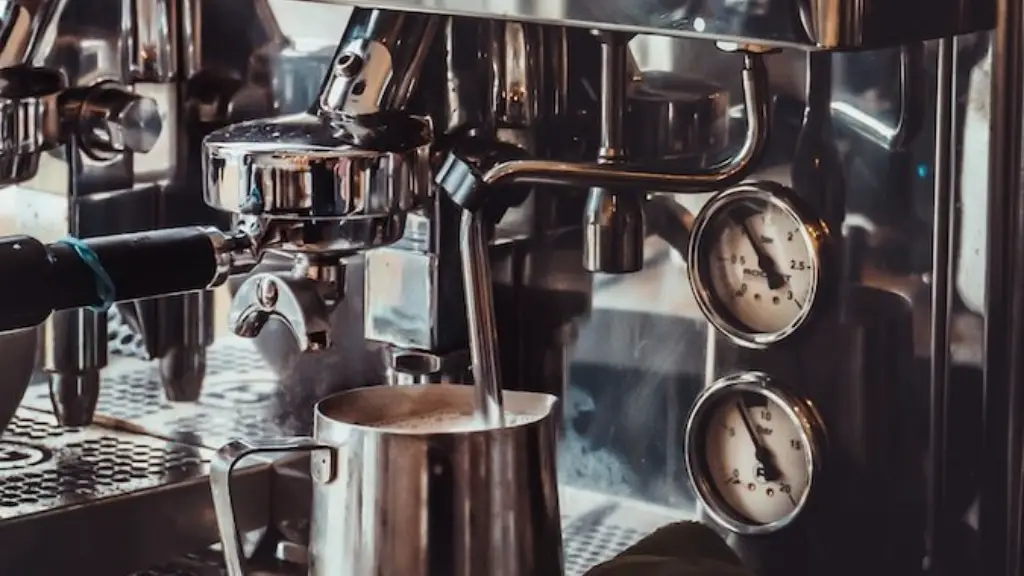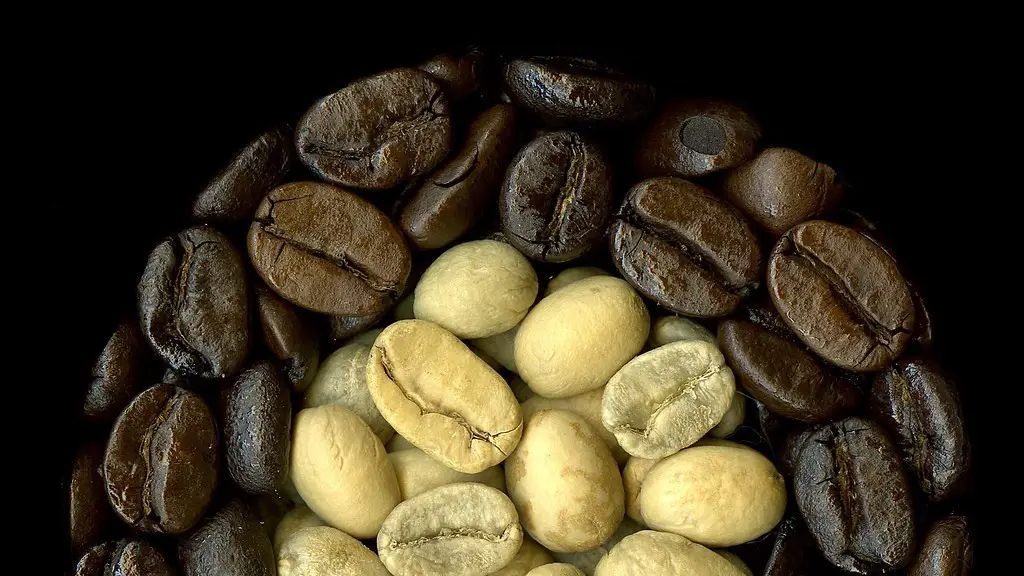Can you fast and drink coffee? It’s a true conundrum many coffee lovers face. Coffee is a beverage often thought of as unhealthy, particularly when it comes to fasting. While coffee itself is a neutral beverage, the way you take it can potentially make a difference between having coffee during a fast or abstaining from it.
Caffeine is a stimulant, by definition. It can suppress hunger, enhance mood and help you focus and stay motivated during a fast. But its ability to jolt you awake in the morning is what’s typically attractive to most people.
To fast or not to fast – that’s the million dollar question. It can be difficult to make a decision to either take coffee while fasting or abstain. Many experts have their own opinions on this matter. According to one expert, it’s perfectly safe to drink coffee during a fast. It has no calories and doesn’t directly affect the fast. However, it is important to understand how your body reacts to coffee during a fast.
Physiological effects of fasting vary from person to person, but for most part, caffeine offers a minimal boost energy-wise. Most of the time, coffee is consumed in a very small amount. Therefore, it doesn’t really provide any significant nutrients or calories. Further, most research has shown that coffee consumption may not have a negative impact on your health.
Another expert suggests that individuals should take into account their own personal considerations when deciding if they should drink coffee during a fast or not. It is important to note that some individuals may have adverse reactions to coffee, such as restlessness and headaches. Alternatively, some individuals may have no issues with drinking coffee while fasting and experience positive results such as increased focus, vigor and energy.
In addition, some experts suggest that the type of coffee or espresso you drink can make a difference in effective fasting. For example, espresso or dark roast coffee may contain more caffeine than a regular cup of drip filter coffee, yet the espresso or dark roast may provide an energy boost that lasts longer than a regular cup.
On the other hand, if you’re looking to simply enjoy and savor the flavor of your coffee drink, then it’s perfectly okay to take a few sips without breaking your fast. Taking small sips throughout your fast, or even after your fast, can actually help you to stay on track with your fasting goals.
Overall, no matter which route you choose when it comes to fasting and drinking coffee, it’s important to consider all aspects of the beverage and your own body’s reactions. Making sure both are taken into account, it’s totally safe to have some coffee while fasting.
Calories In Coffee
When considering whether to have coffee while fasting, it is important to understand the nutritional content of the drink. Coffee itself contains very few calories, usually under 40 per cup. However, the ingredients used to make coffee drinks may contain calories, such as creams and syrups. For example, a cappuccino with a full-fat dairy option contains about 75-80 calories. Therefore, it is best to opt for low-fat options or black coffees, which contain far fewer calories.
Drinking coffee with added sugar is a different story. If a cup of black coffee contains just under 40 calories, then a cup of coffee with two teaspoons of sugar has approximately 65 calories. This can really add up depending on how many cups are consumed throughout the day. Therefore, it is important to pay attention to added sugars and sweeteners in coffee, especially when fasting or trying to lose weight.
In conclusion, if you are going to consume coffee while fasting, it is best to opt for unsweetened black coffee. This will have the lowest amount of calories per cup and will also contain the least sugar.
Amount Of Caffeine When Drinking Coffee
The amount of caffeine in coffee can vary depending on the type of coffee bean, roast, and brewing method used. Generally, the darker the roast, the less caffeine it will contain. For example, regular drip/filter coffee contains approximately 95 milligrams of caffeine per 8 ounces (236 milliliters) while espresso contains about 75 milligrams per 1 ounce (30 milliliters). Therefore, it is important to pay attention to ascertaining the amount of caffeine you are consuming when drinking coffee.
If you are fasting and decide to have coffee, it is important to keep your consumption relatively low. This will ensure that your body does not experience adverse side effects from having too much caffeine. One cup per day is more than enough to help you stay energized and focused during a fast.
Also, it’s important to note that caffeine is a diuretic, meaning it can lead to dehydration. Therefore, it is important to stay well hydrated by drinking plenty of water when drinking coffee. This will help to prevent any dehydration which can cause headaches, fatigue and decreased energy levels.
In conclusion, when having coffee while fasting, it is important to understand the amount of caffeine and ensure that it is kept relatively low. Staying well hydrated is also important to prevent dehydration and any adverse side effects associated with it.
Benefits of Having Coffee while Fasting
As mentioned earlier, coffee in itself is neutral, meaning it will not affect your fast. However, when taken responsibly, there are some potential benefits to having some coffee while fasting. The benefits include improved focus, alertness, improved digestion, and reduced inflammation.
Studies have shown that having a cup of coffee can make you feel full and satisfied, making it easier to adhere to a fasting period. When fasting, coffee can also help to stimulate your digestive system and help your body process and absorb nutrients more efficiently.
Coffee also contains antioxidants, which can help to reduce inflammation and promote a healthier gut. Drinking coffee can also help to improve concentration, alertness and energy levels. Lastly, coffee has been found to improve mood, making it easier to stay motivated during a fast.
In conclusion, having some coffee thoughtfully can provide some beneficial effects for those who are fasting. However, it is important to monitor how your body reacts to coffee and know when to stop when necessary.
Side Effects Of Having Too Much Coffee
Having caffeine while fasting can have some potential drawbacks. The most common side effects of having too much caffeine while fasting include jitteriness, restlessness, anxiety, dizziness, and dehydration. Too much caffeine can also cause headaches, nausea and digestive problems, such as increased gas and bloating.
It is important to know what your body can and cannot handle when it comes to caffeine. If you are not accustomed to consuming caffeine, it may be best to reduce your intake or abstain from it altogether. If you are used to drinking coffee, then it might be safe to drink a cup or two without any adverse effects.
Also, if you are sensitive to caffeine, then it may be best to switch to decaffeinated coffee or tea. Decaffeinated drinks provide all the benefits of caffeine with zero or very low doses of it. Therefore, switching to decaffeinated drinks can help to reduce the risk of any adverse effects associated with drinking too much caffeine.
In conclusion, it is important to be aware of how your body reacts to caffeine and adjust your consumption accordingly. If you experience any adverse effects, then it may be best to abstain from consuming caffeine altogether or switch to decaffeinated drinks as an alternative.
Long-term Health Effects of Coffee
The long-term health effects of having coffee while fasting are largely unknown. Consuming more than two cups a day has been linked to increased risk of heart attack and stroke. Therefore, it is important to keep an eye on your daily intake of caffeine and make sure you’re not having too much.
Another potential risk of having coffee while fasting is that it can become harder to pry yourself away from the beverage. If you consume too much coffee, your body can become dependent on it, making it difficult to wean yourself off it. This can lead to unnecessary dependence on the beverage, which can be damaging to your mental and physical health.
Therefore, it is important to be mindful of your coffee consumption and stick to having one cup per day. This will help to reduce the risk of any adverse long-term health effects associated with having too much coffee.
In conclusion, it is important to be mindful of how much coffee you are drinking and be aware of the potential risks associated with long-term consumption. Consuming coffee responsibly and in moderation can ensure you get all the benefits without experiencing any of the downsides.





